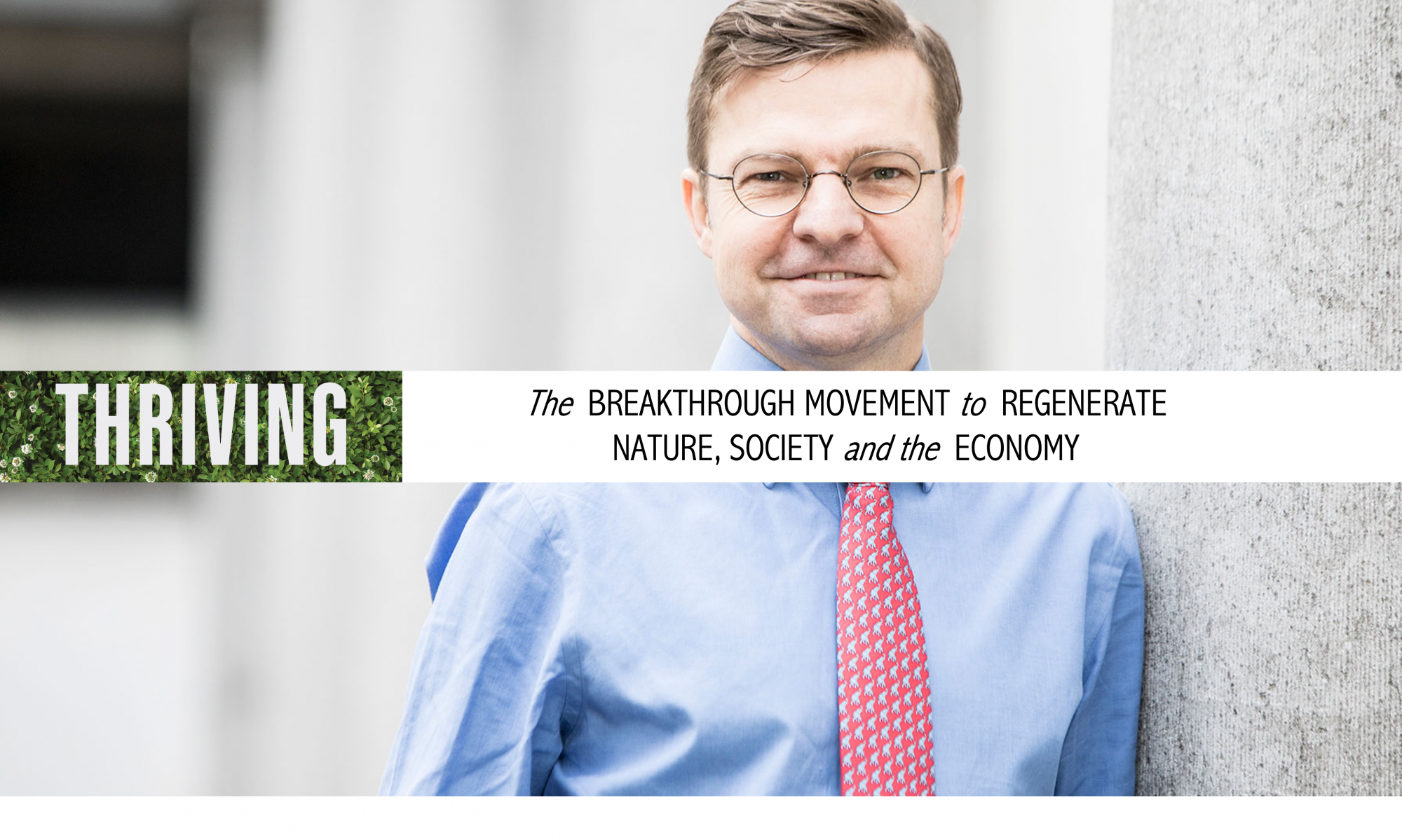Time
Prose by Wayne Visser
~ Time is our greatest gift ~
Are you wearing a watch? How many clocks are there in your home or office? Our lives are ruled by time it seems. We have carved up time, sliced it and diced it, kneaded and squeezed it. Yet our misguided attempts to get more out of time have only left us feeling divided, fragmented, stretched and pressured. We have tried to dam the flow of time, to freeze it and channel it, to make it work for us. Yet in our futile attempts to change the nature of time, it is us who are left feeling manipulated, directed, inflexible and overworked. We have striven to become masters over time, yet we are more slaves to time today than ever before. What is your vision of the rule of time? Do you see time as a cruel dictator, a heartless machine, a grim reaper? Or is time a benevolent king, a patient guide, a gentle midwife? We make time in our own image, projecting our view of the world, our life’s experiences, externalising our inner beliefs. For many therefore, time is not unlike the God of the Old Testament – a supreme power to be worshipped and feared; a jealous and vengeful deity, who demands sacrifices and unquestioning servitude. And yet, could time not also be like the God of the New Testament – loving and caring, nurturing and forgiving? For is it not time that sanctions birth and nourishes growth? Is it not time that bears fruit and heals wounds? Without time, the evolution of life would never have occurred. Without time, great civilizations would never have been built. Time has the ingenious quality of being perfectly scalable – it fits with equal elegance the vast sweep of creation’s history and the intimate details of our individual lives. Time is an instrument of perspective, both a telescope and a microscope on life and the universe. As we look through the lens of time, we understand the workings of the word better, and we are more able to appreciate the unfolding of our own lives. Time is the web that connects us to our past and spins us into our future. Where do your threads lead? Where have you come from and where are you going? Time weaves the fabric of our reality on the loom of space. Yet how we use time will determine the unique patterns and colours of our life. And like yarn, time is elastic. A moment can seem like eternity and lifetimes can pass in an instant. This is but one of the many secrets of time. We think we can plot time. Yet time is not measured in seconds or hours, years or millennia. Time is measured by the quality with which it is spent. The more of ourselves we bring to time, the more it returns to us. Time well spent is rewarded with rich memories. Like a favourite song or film, we can return to our time savings and spend them over and over again, reliving their quality and vitality. Naturally, our memories shift as we change, but then so does everything in our world. Time is not an objective fact; it is a subjective experience. No two accounts of time are ever the same, for we are the instruments on which time plays its symphony. Just as a note of music is never played twice, so no experience of time is ever duplicated. What is your unique sound – the interpretation of time that is your life? Like the orchestra, we all need to be sensitive to the timing of the conductor, to listen to the larger score, to be alive to the music we are being asked to play, and to make our contribution in ways which produce harmony rather than dissonance. If we play the music of time well, we might even glimpse into worlds beyond space and time, where we see time for what it really is – an illusion conjured for our education and amusement. So use your gift of quality time wisely today, and don’t forget to play.Wayne Visser © 2005
Download
[button size=”small” color=”blue” style=”download” new_window=”false” link=”http://www.waynevisser.com/wp-content/uploads/2012/09/prose_waynevisser_time.pdf”]Pdf[/button] Time (prose)
Related pages
[button size=”small” color=”blue” style=”info” new_window=”false” link=”http://www.waynevisser.com/books/seize-the-day”]Page[/button] Seize the Day (book)











